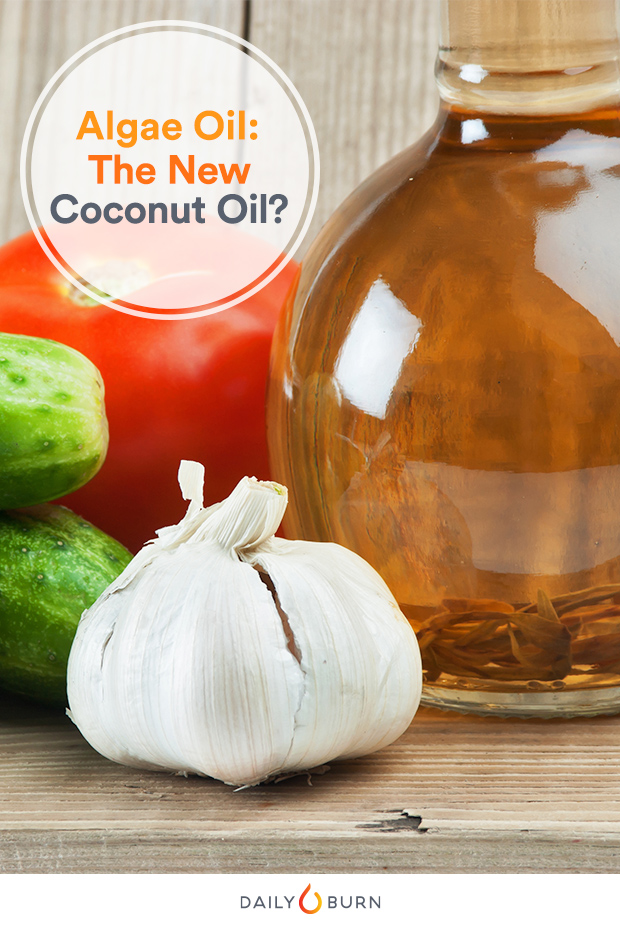
As much as we can wax poetic about coconut oil all day, the culinary scene is starting to heat up with algae oil. And based on its many health benefits, you might start adding it to your cooking repertoire, too.
“Algae oil is a nutrient dense powerhouse due to its high concentration of omega-3 fatty acids,” says Shana Pantirer, RDN, senior registered dietitian at F-Factor Nutrition. “These fatty acids are essential to our diets because our bodies cannot manufacture them,” she adds.
While you may be weary of the oil’s fishy factor (after all, the thought of algae doesn’t exactly induce food FOMO), Kelly LeVeque, a holistic nutritionist and founder of Be Well By Kelly, says it’s virtually tasteless. “If I had to compare it, I would say that it tastes similar to vegetable oil,” she says.
But is it worth dipping your spoon into this new cooking craze?
RELATED: Here’s Which Cooking Oil to Use (And When)
Hold Up, Algae Oil?
A little back-story: The algae is first grown in a fermenter, where it feeds on plant sugars, and then is pressed to release the oil from the walls of the algae cells. “Algae oil is made specifically from micro algae,” Pantirer explains. Thrive Culinary Algae Oil, one of the main suppliers of bottled algae oil, ferments it in a sterile environment (like how you would with beer or wine) before it’s dried and pressed, for example.
But most impressively, the oil is a great source of docosahexaenoic acid (DHA), an omega-3 fatty acid that your body needs for healthy brain function, optimal heart health, among other things. In one recent study from the National Center for Biotechnology Information, researchers found that algae oil capsules have the same amount of DHA as a piece of cooked salmon. This makes algae oil a great option for vegans and people who are fish-averse or allergic to sea creatures. Plus, algae oil has twice the amount of omega-3s than chia seeds, nine times more fiber than kale, and twice more protein than spinach, LeVeque adds.
Its reputation has caused a plethora of brands to fortify their products with the oil in drinks, supplements, food and even baby formula for a nutritional boost. Chefs have also taken a liking to its high (485°F) smoke point (the temperature that oil stops simmering and starts to burn), which makes cooking easier and cuts back on fat and calories.
RELATED: Oil Pulling: Miracle Cure or Oily Mess?
More Than Just a Cooking Oil
“When algae is consumed as oil, the monounsaturated omega-3 rich fatty acids help stabilize blood sugar, balance hunger hormones and help your body fight inflammation,” says LeVeque.
A study in the European Journal of Neuroscience shows that oil containing DHA may help quell symptoms of anxiety and depression, in addition to anti-depression and anti-anxiety medication.
But the list of nutritional benefits goes beyond the DHA content. “Algae oil also contains marine minerals such as iodine, which is important for thyroid health, magnesium, potassium and even calcium,” says Pantirer.
Should You Stock Up Now?
When it comes to the battle of the oils, is there really a reason to choose algae oil over its coconut shelf-mate? Yes, Pantirer says. “Algae oil has a higher abundance of monounsaturated fatty acids and less saturated fat than coconut oil.” But because algae oil is new, more research is still needed on its benefits and how it compares to other oils.
